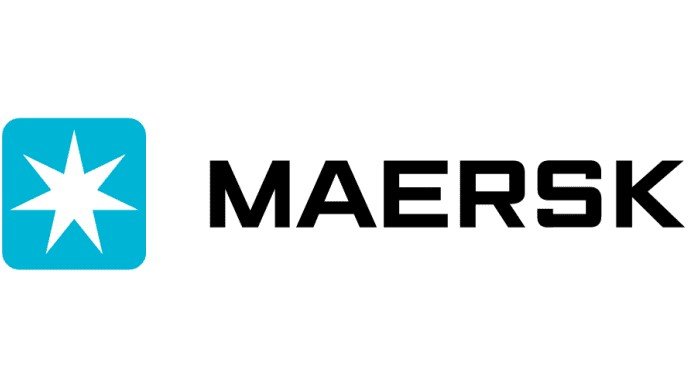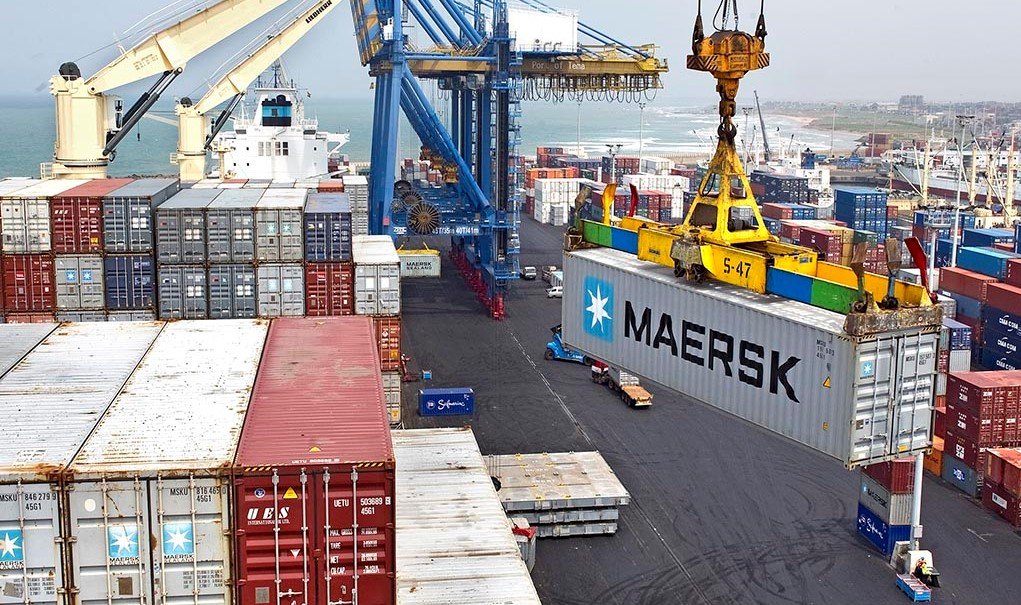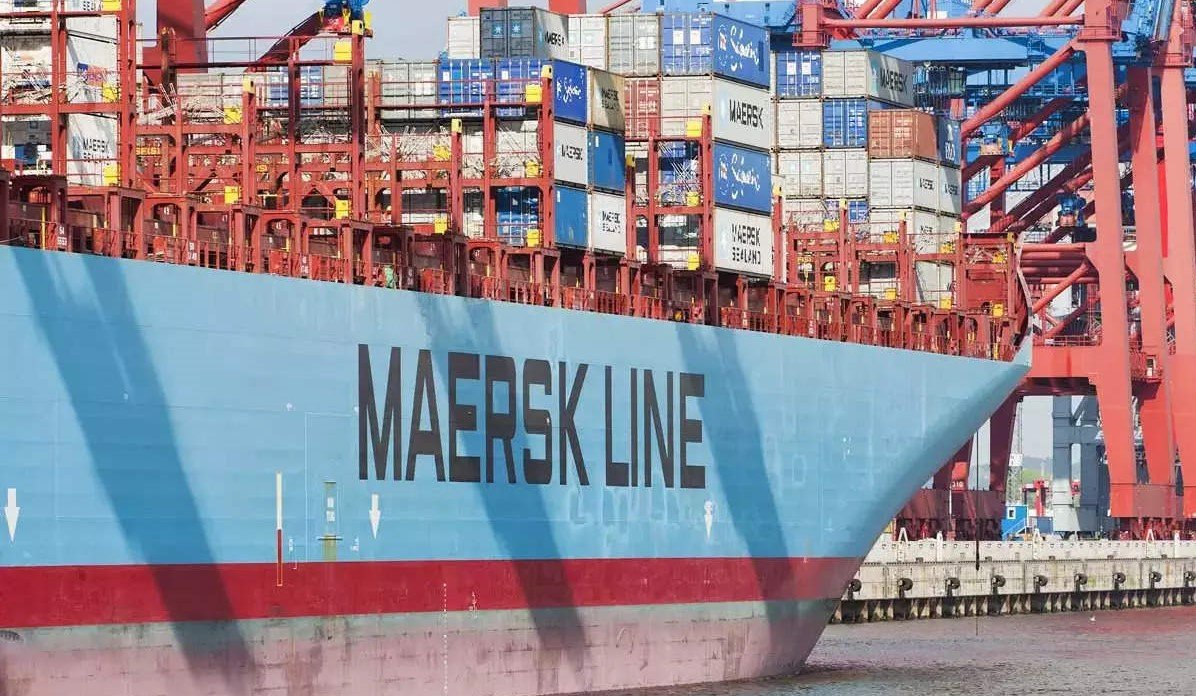Maersk SWOT analysis – SWOT analysis of Maersk: A.P. Moller-Maersk Group, also known as Maersk is a conglomerate of logistics and transport with its headquarters in Copenhagen, Denmark. With its presence in areas such as energy, transportation logistics, and energy Maersk is a network that connects around 140 countries around the world. Established in 1904, by Maersk Moller, the company has the most extensive presence in shipping, with numerous container ships on its books. The company is also working on complete solutions for logistics chain management, which ensures that the customer’s requirements from the farm to the refrigerator are fulfilled.
Maersk Line manages the container logistics and upstream oil value chains through eight major segments Maersk Line, APM Terminals, Damco, Svitzer, Maersk Oil, Maersk Drilling, Maersk Supply Service, and Maersk Tankers. Through a range of activities Maersk Line is able to manage an extensive network of international clients operating in the oil and gas sector and other industries that are core. The company had annual revenue of 36 billion USD and has a workforce of 88,000 people across more than 138 countries.
Maersk fun facts: 90% of the world’s trade is carried by sea and Maersk Line is responsible for transporting around 15.3% of total TEU trade. Its total fleet capacity is more than 2.8 million TEU.
About Maersk – SWOT analysis of Maersk
Contents
- 1 About Maersk – SWOT analysis of Maersk
- 2 Maersk Competitors
- 3 SWOT analysis of Maersk – Maersk SWOT analysis
- 4 Strengths of Maersk – Maersk SWOT analysis
- 5 Weaknesses of Maersk – SWOT Analysis Of Maersk
- 6 Opportunities of Maersk – Maersk SWOT analysis
- 7 Threats of Maersk – SWOT analysis of Maersk
- 8 Overview Template of Maersk SWOT analysis
- 9 Conclusion
[wp-svg-icons icon=”office” wrap=”I”] Company: A.P. Moller – Maersk
[wp-svg-icons icon=”user” wrap=”I”] CEO: Søren Skou
[wp-svg-icons icon=”user” wrap=”I”] Founder: Arnold Peter Møller | Peter Mærsk Møller
[wp-svg-icons icon=”calendar” wrap=”I”] Year founded: 1904
[wp-svg-icons icon=”location-2″ wrap=”I”] Headquarters: Copenhagen, Denmark
[wp-svg-icons icon=”stats” wrap=”I”] Annual Revenue: US$62 billion
[wp-svg-icons icon=”bars” wrap=”i”] Profit | Net income: US$18 Billion
[wp-svg-icons icon=”users” wrap=”I”] Number of employees: 83,000
[wp-svg-icons icon=”pie” wrap=”i”] Products & Services: Transportation services | Supply chain and logistics | Financial services | Digital solutions
[wp-svg-icons icon=”globe” wrap=”I”] Website: www.maersk.com
Maersk Competitors
[wp-svg-icons icon=”pacman” wrap=”I”] Competitors: Svitzer | Perez y Cia Group | Arkas Holding | Karnaphuli | Matson | Odfjell | China COSCO Shipping | DP World | Hapag-Lloyd
SWOT analysis of Maersk – Maersk SWOT analysis
SWOT Analysis Of Maersk is brand-based. SWOT Analysis of Maersk evaluates the brand’s strengths, weaknesses, opportunities, and threats. Advantages and disadvantages can be attributed to internal factors while opportunities and threats can be attributed to external factors. We will be discussing Maersk’s SWOT Analysis. Below is the detailed SWOT Analysis of Maersk.
Let’s talk about Maersk’s SWOT assessment.
Strengths of Maersk – Maersk SWOT analysis
- Corporate company culture: Maersk is one of the companies with operations that span global borders, and has to deal with an array of stakeholders from different cultural, ethnic, and racial communities. The culture of the company is therefore global active, dynamic, and focused on performance and profit, and value.
- Presence in the core sectors: The company has a presence in the core industries such as logistics, transportation as well as energy. Through five core business units Maersk Line, APM Terminals, Damco, Svitzer, and Maersk Containers they handle the end-to-end supply chain requirements of all clients. Through their energy division, they ensure they are established within the business world.
- Network: The firm operates across over 130 nations across the continents, including America, Africa, Asia Pacific, and Europe. The company serves every kind of customer regardless of how big its business is. Their presence in international energy and trade has allowed their network to be extended to far areas of the world.
- The core value: The business rests on fundamental values such as humbleness, uprightness, and unity, as well as constant attention, and a safe setting to ensure the highest quality of individuals. The fundamental values of the business are expressed throughout the business’s operations and in the policies adopted by the business.
- A strong relationship with customers: The customer relationship with Maersk is very solid and the level of engagement is extremely high between the company as well as the customer. The company is able to develop innovative solutions that offer the needs of end-to-end solutions to manage the supply chain and therefore the customer should not seek out any other company to fulfill their requirements for supply chain management.
- Strategies: The strategy of Maersk is to create value for all stakeholders throughout the course of its operation. Although they are present in various industries like transportation, energy, and logistics, they all are in synergy. The company is focused on agile strategies that are geared towards boosting the bottom line of their clients, and the discovery of the unanticipated commercial potential for their customers.
Weaknesses of Maersk – SWOT Analysis Of Maersk
- Low volume: The competition in the logistics and transportation industry has exploded over the past 10 years and consequently the business volumes have dramatically decreased. The cost per operation has been steadily increasing and the challenges for commercial operations are growing.
- Losses in the energy industry: Maersk Drilling and Maersk Supply Service the two major brands in the energy division of the company have suffered huge losses over the past two years. Alongside this, there were significant impediment costs along with a reduction in total portfolio value.
- The high cost of operations: With a growing business, the cost of operations of the business is an important challenge to the company. The higher rates for rug services and the increasing operational delays contribute to the growing expenses of the business.
Opportunities of Maersk – Maersk SWOT analysis
- Growing demand for logistic technology: In the logistics industry, there’s a myriad of innovative technologies. These tools not only help customers cut down on their expenses, but also assist logistic companies to improve their efficiency. They include RFID as well as logistic outsourcing and crowd logistics.
Threats of Maersk – SWOT analysis of Maersk
- Contest: The main competitors of Maersk are United Parcel Service, Gati China Ocean Shipping Company, and Gati China Ocean Shipping Company.
- Risks associated with the emerging markets: In comparison to west-coast countries, there is more growth in emerging economies. But the main dangers in these markets are inadequate roads as well as political instability and inflation.
You May Also Like:
- Ben & Jerry’s Ice Creams SWOT analysis
- Avon SWOT analysis – SWOT analysis of Avon
- Air Canada SWOT analysis – SWOT analysis of Air Canada
- Capgemini SWOT analysis – SWOT analysis of Capgemini
- Pepe Jeans SWOT analysis – SWOT analysis of Pepe Jeans
Overview Template of Maersk SWOT analysis
Conclusion
Maersk, being one of the industry’s leading companies, has a number of advantages that help it succeed in the marketplace. In the SWOT Analysis of Maersk, we observed that the company has a strong global brand and reputation as a major leader in the market. It has a global network that connects 1380 countries with its presence in fields such as transportation, energy, and logistics. But it also suffers from low visibility on road and air transportation and has a high cost of operations.
As the Maersk company works to address its problems, the most serious one is a lack of marketing initiatives. With rising competition in the market, corporations are left to fight it out by bettering their marketing efforts to win over their customers.
This is the SWOT analysis of Maersk. Please let us know if you have additional suggestions to add.
[wp-svg-icons icon=”bubbles” wrap=”i”] Let us know What do you think? Did you find the article interesting?
Write about your experiences and thoughts in the comments below.



